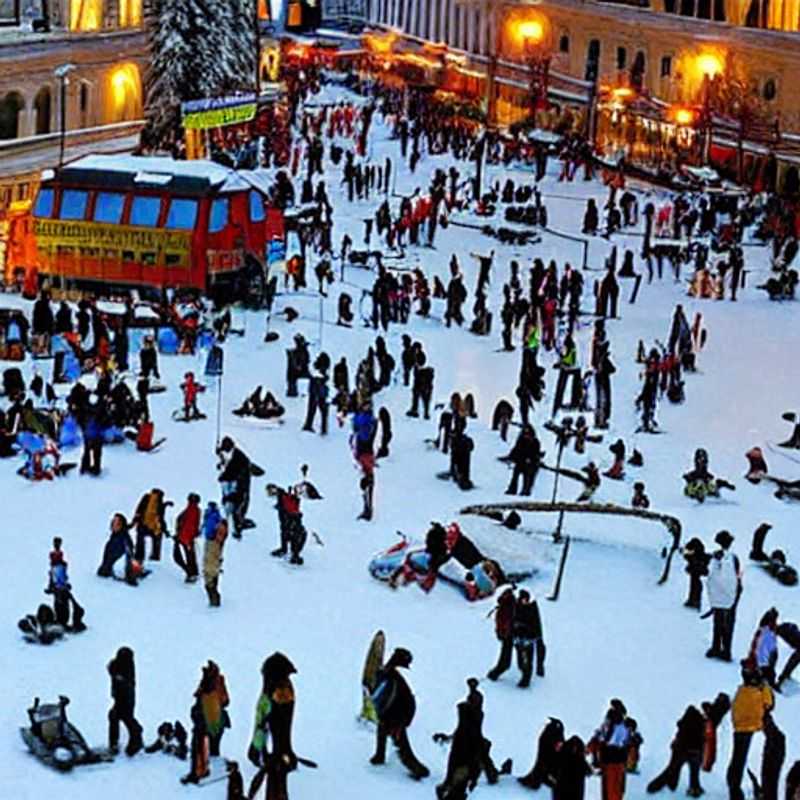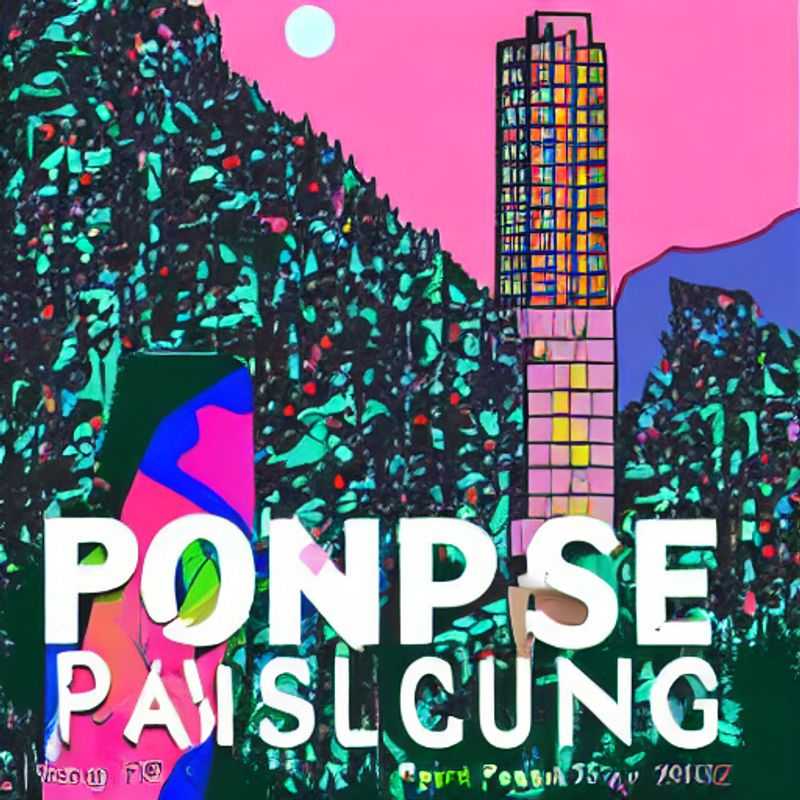Vancouver en Été: Le Top 8 des Aventures Backpacking incluant le Grouse Grind!

Le backpack est-il sûr en 2026 ?
En 2026, le Japon demeure une destination de voyage exceptionnelle et sécuritaire pour les routards. Les infrastructures modernes, l'efficacité des transports publics, et un taux de criminalité extrêmement bas contribuent à une expérience de voyage sereine.
Les visiteurs peuvent s'attendre à une société très respectueuse des règles et à une culture axée sur la courtoisie. Il est toutefois conseillé de se familiariser avec quelques usages locaux de base, comme le retrait des chaussures avant d'entrer dans certains lieux et l'utilisation appropriée des transports en commun.
Pour une sécurité maximale, il est toujours judicieux de garder une copie de vos documents importants séparée de vos originaux et de souscrire à une assurance voyage complète. La communication peut parfois être une barrière, donc avoir quelques phrases clés en japonais ou une application de traduction sur votre téléphone peut s'avérer très utile.
Dans l'ensemble, le Japon en 2026 offre un environnement tranquille et accueillant, permettant aux routards de profiter pleinement de leur aventure sans inquiétude majeure. La propreté et l'organisation sont des atouts majeurs qui rendent les déplacements faciles et agréables.
Le Grouse Grind à Vancouver, Canada : Est-ce une bonne idée pour les vacances d'été ?
Grouse Grind en été à Vancouver ?

Vous pourriez aussi aimer
Grouse Grind en été : Le guide ultime pour une randonnée inoubliable à Vancouver
Températures estivales et conditions de randonnée sur Grouse Grind
Activités estivales autour de Grouse Grind : au-delà de la randonnée
Accès à Grouse Grind : transports en commun et options de stationnement
Coût d'une journée sur Grouse Grind : budget et conseils
Affluence estivale sur Grouse Grind : quand y aller pour éviter la foule ?
Horaires d'ouverture des attractions et services aux alentours
Préparer sa randonnée estivale sur Grouse Grind : conseils et équipement
Grouse Grind en été : avis et expériences de voyageurs
Bonjour, mes amis voyageurs! Ready for a romantic winter adventure in Vancouver? Let's explore Grouse Grind, but remember, this guide focuses on winter, so Grouse Grind itself might be inaccessible due to snow and ice (check trail conditions before you go!). We'll focus on Vancouver's winter offerings instead.
Vancouver's winter sees average temperatures hovering around freezing (0°C/32°F), with snowfall varying; some years are snowy, others less so. Expect shorter days and potentially icy conditions, especially on higher ground. Pack layers, waterproof gear, and sturdy footwear!
Winter activities abound! Nearby mountains offer excellent skiing and snowboarding (expect to pay around $80-$150 per day for lift tickets). Ice skating rinks pop up across the city; some are free, others charge a small fee (around $10-$15). Vancouver also has fantastic indoor activities to escape the chill.
Transportation is easy! Vancouver International Airport (YVR) has excellent flight connections. The city boasts a good public transport system (buses and SkyTrain), and roads are generally well-maintained, though winter conditions can necessitate careful driving. A day pass for public transportation is around $5.
Accommodation costs vary widely. Hostels offer budget-friendly options (from $30-$60 per night), while hotels range from mid-range to luxury (from $100 to upwards of $300+ per night). Food costs depend on your choices; you can eat inexpensively at food stalls ($10-$20 per meal) or enjoy fine dining ($50+ per meal).
Winter crowds at popular attractions are generally smaller than in summer, offering a more intimate experience. Check museum and restaurant operating hours beforehand, as they might have altered winter schedules. Expect some establishments to close earlier during the winter months.
Weather disruptions are a possibility. Snowstorms and blizzards are infrequent but can significantly impact travel plans. Check weather forecasts regularly and be prepared for potential delays.
Vancouver's winter offers a unique charm. Imagine cozying up in a café with a warm latte, enjoying the sounds of gentle rain or even the soft crunch of snow underfoot. The city’s architecture, a blend of modern and Victorian styles, creates a beautiful backdrop. Local cuisine incorporates fresh Pacific seafood and diverse international influences; indulge in delicious West Coast cuisine and the comforting warmth of seasonal dishes. You can expect a friendly atmosphere amongst locals and tourists, although the pace of life might feel a bit slower during the winter months. The overall ambiance is peaceful and relaxed.
Example Budget (per person, 5 days/4 nights):
Flights: $500-$1000 (depending on origin)
Accommodation (hostel): $150-$240
Activities (skiing/ice skating): $100-$200
Food: $200-$400 (depending on choices)
Transportation: $50
Total estimated cost: $900-$1890 (excluding souvenirs and unexpected expenses)
Remember, this is just an estimate. Your actual costs will depend on your choices and travel style. Embrace the unexpected, savour the moments, and create your own unforgettable romantic winter escape in Vancouver!

Ce que les routards doivent savoir avant de visiter en 2026
Voici un résumé destiné aux backpackers souhaitant visiter en 2026. La planification à l'avance est cruciale, car le nombre de visiteurs devrait augmenter. Il est fortement recommandé de réserver votre hébergement et vos transports principaux bien avant votre départ, surtout si vous voyagez pendant la haute saison. Concernant le budget, il est essentiel de savoir que les prix ont tendance à augmenter, donc prévoyez une somme légèrement supérieure à ce que vous pourriez anticiper. Familiarisez-vous avec les coutumes locales pour une expérience plus respectueuse et enrichissante. L'apprentissage de quelques phrases de base dans la langue locale peut faire une grande différence. Vérifiez les exigences en matière de visa bien à l'avance pour éviter toute mauvaise surprise. En 2026, certains pays pourraient avoir mis à jour leurs politiques d'entrée. Enfin, préparez une trousse de premiers secours complète et renseignez-vous sur les assurances voyage adaptées aux backpackers. Une bonne préparation vous garantira un voyage inoubliable et sans encombre.